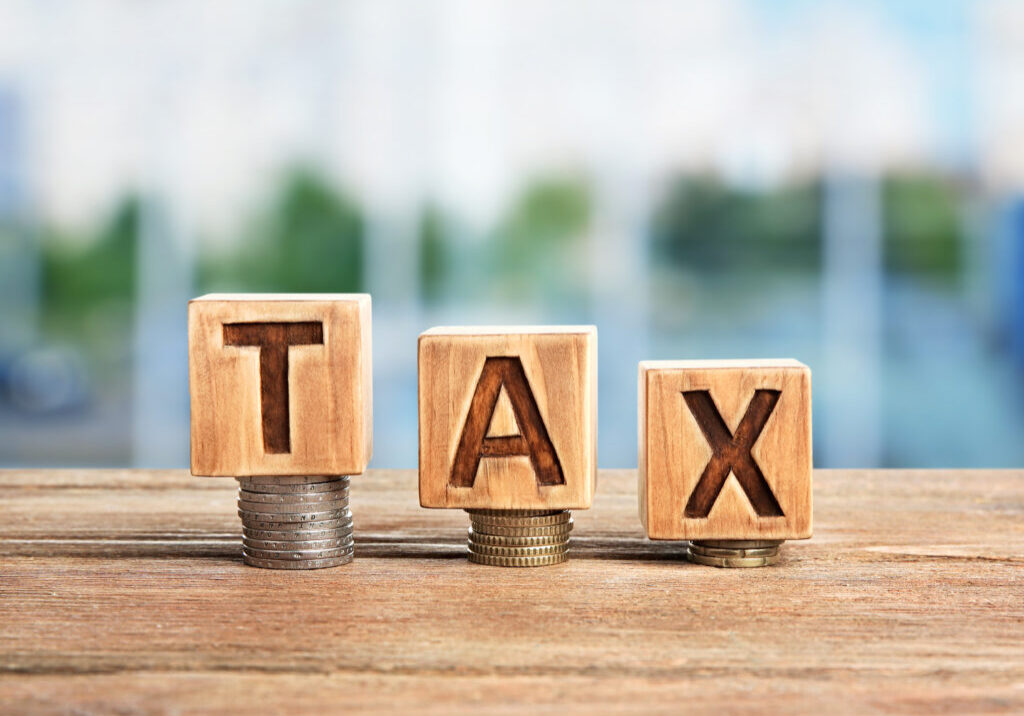A legislative subcommittee studying Louisiana’s tax structure heard testimony from state and national organizations on Thursday. The hearing had been scheduled for weeks, but took on newfound importance as state lawmakers prepare for Gov. Jeff Landry to call them into a November special session on taxes. Most of the groups peddled similar views that lowering or eliminating taxes – and the revenue they generate – is the panacea to the many problems that plague Louisiana. The Times-Picayune | Baton Rouge Advocate’s Alyse Pfeil also covered the view of the lone progressive voice invited to the hearing:
[Invest in Louisiana Executive Director Jan] Moller, in contrast with others, said that Louisiana needs a progressive tax structure, meaning that those in lower income brackets pay lower tax rates than those in higher income brackets. Progressive taxation is a matter of fairness, he argued. “Tax fairness means that the people and institutions that have the most means should actually pay the most both as a total amount but also as a percentage of their income,” Moller said. “What is difficult about the income tax system is not that there are three rates. It’s determining your net taxable income,” he said.
Landry’s tax overhaul includes steep learning curve
Gov. Jeff Landry is ramping up efforts for a November special session on taxes. This week, the Landry administration held a press conference on the governor’s tax plan, sent the Legislature proposed bills and spent time meeting with lawmakers. But there’s still a lot of unknowns surrounding the effort. Part-time legislators must now read – and understand – a package of 10 bills that span 476 pages. The tight timeline also means that state fiscal analysts have yet to determine how much the governor’s proposals will actually cost. The Louisiana Illuminator’s team explains other unknowns:
There’s no crystal ball to gauge the appetite among Republicans in the Legislature to extend the 0.45% chunk of sales taxes or a 2% tax on business utilities that also goes away at the end of June. Lawmakers will also have to decide whether they will stick with income tax reduction “triggers” they approved in 2021 that would reduce collections across all income brackets starting in 2026. If they’re kept in place, it could cost another $100 million to $200 million in state revenue in the next fiscal year. … The governor has proposed giving local officials the option to provide an exemption to the state’s corporate inventory tax, given that the money helps fund parish governments. But it’s unclear how a local exemption would be structured.
Louisiana voters would also need to educate themselves and weigh in on any tax changes that are currently included in the state constitution.
Insurance rates are killing coastal towns
Louisiana’s insurance crisis has become an existential threat for homeownership in many communities in the southern part of the state. Little Caillou Road, a 30-mile stretch of highway down the bayou, is ground zero for this catastrophe. The Times-Picayune | Baton Rouge Advocate’s Sam Karlin provides crucial reporting on how exorbitant insurance rates are affecting Louisiana’s coastal communities:
“It’s not going to be hurricanes that run people out of here,” Dirk Guidry said. “It’s going to be the insurance rates.” Guidry, 68, a former shrimper and Terrebonne Parish council member, owns Pizza Express, one of Chauvin’s few remaining businesses. It still shows scars from past storms. In a corner of the dining room, a dark strip of discolored wood 18 inches high marks the waterline of earlier flooding. Guidry, who has owned the restaurant for three decades, is accustomed to rebuilding. But what he sees now is nothing like he has ever experienced. It’s costing him almost $20,000 just to insure his home and business.
Karlin explains how climate change is forcing state leaders and everyday people to confront sobering realities:
The slow-motion disaster is not just prompting complex policy questions, but moral ones, too. Should the government draw a line between what’s salvageable and what’s not? What does a society owe to people whose homes may disappear because the place they live is becoming unsustainable?
Food insecurity on college campuses
College students have higher rates of food insecurity – meaning they struggle to get enough to eat – than the rest of the US. population. This hunger can have negative effects on students’ well being and academic performance. WNIJ-Northern Public Radio’s Jess Savage reports on this pervasive problem and creative ways that some schools are using to address it:
More than a quarter of college students across the country lack consistent access to food. At some universities, that number is much higher — with up to half of the student population struggling to access food at some institutions. By comparison, about 13% of households in the U.S. experience food insecurity, according to the U.S. Department of Agriculture. About 29% of college students at four-year colleges experienced food insecurity in the fall of 2020, according to the Hope Center for Student Basic Needs at Temple University in Philadelphia. At two-year colleges, the problem was even worse, with 38% of students reporting concerns about access to food.
A recent state law by Rep. Barbara Freiberg tackled this problem in Louisiana by creating a “hunger free campus” designation for state colleges and universities that meet certain criteria.
Number of the Day
$2.2 million – Amount of federal funding that Louisiana farmers and small businesses will receive for clean energy projects. (Source: BRProud)
